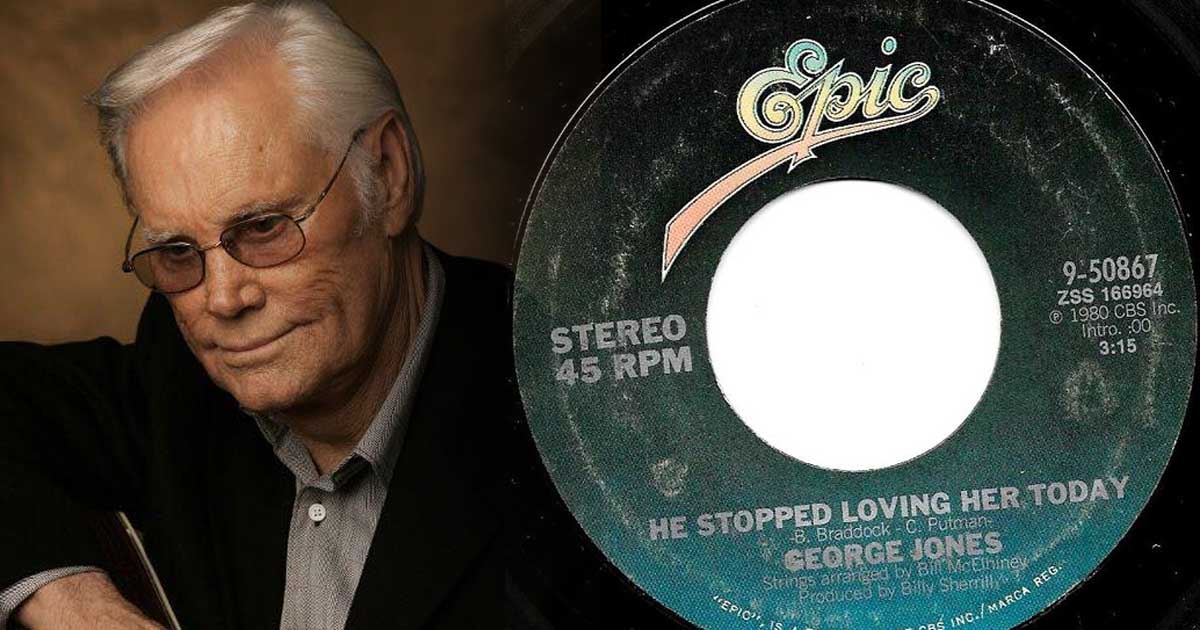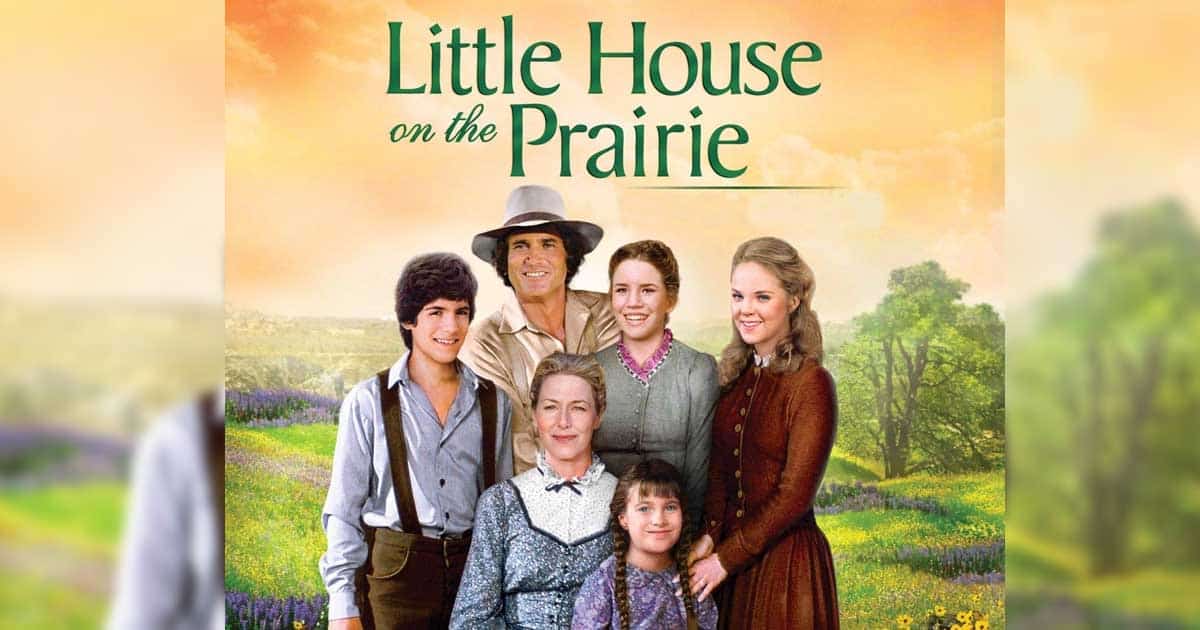When Kris Kristofferson and Rita Coolidge sang together, their voices became an extension of their love story—beautiful, bittersweet, and undeniably real. Married in 1973 after a whirlwind meeting in an airport lounge, their union lasted just seven years. But while their marriage eventually unraveled, their duets remain timeless, especially their achingly poignant rendition of “Please Don’t Tell Me How the Story Ends.”
This haunting ballad, penned by Kristofferson himself, has a storied history. Still, his 1978 version with Coolidge takes on a deeper, almost heartbreaking resonance. Recorded for their final collaborative album, Natural Act, it captures the tender ache of holding on to something you know is slipping away.
A Song That Knows the End Is Near
According to BBC, Kristofferson wrote ‘Please Don’t Tell Me How the Story Ends’ in the early 1970s, later giving it to Bobby Bare, who included it on his 1971 album Where Have All the Seasons Gone. However, Ronnie Milsap’s 1974 version propelled the song to iconic status. Milsap’s heartfelt rendition climbed to the top of the country charts, earning him his first Grammy for Best Country Vocal Performance.
In 1978, Kristofferson and Coolidge revisited the song for their duet album Natural Act. Listening to their rendition now feels like peering into the final chapter of their love story—a chapter they were unknowingly writing at the time.
RELATED: Kris Kristofferson Songs That Made a Lasting Impact on the World
The lyrics tell the story of two people who sense the end of their relationship but are reluctant to say it aloud. The opening line, “This could be our last good night together,” immediately sets a melancholy tone. Kristofferson’s rugged, gravelly voice carries a quiet resignation, while Coolidge’s husky, emotive delivery adds a touch of vulnerability. Together, their harmonies feel like two souls trying to hold on to a moment already slipping through their fingers.
The song reflects how the present will soon be nothing more than memories. Coolidge takes the lead, her voice carrying a mix of fragility and strength, as Kristofferson’s harmonies wrap around hers in a protective yet sorrowful way. By the final verse, there’s an aching acceptance of the inevitable. It’s not just the lyrics that carry the weight—it’s how they sing them like they’re living every word.
The Emotional Weight of Their Performance
What makes Kristofferson and Coolidge’s version so unforgettable isn’t just their vocal chemistry—it’s the context. When they recorded “Please Don’t Tell Me How the Story Ends,” their marriage was already on shaky ground. The sadness in their voices isn’t just an act; it feels real, almost too real.
Their live performances of the song are especially gut-wrenching. In one rendition, the way they look at each other says everything the lyrics don’t. There’s love in their eyes but also a sadness that speaks to the distance growing between them. It’s a moment of raw vulnerability that feels less like a performance and more like a glimpse into the quiet heartbreak of two people letting go.
RELATED: Kris Kristofferson and Lisa Meyers: A Lifetime of Love and Connection
This emotional honesty is what makes the song so universally resonant. It’s not just about their story—it’s about anyone who’s ever loved deeply and had to face the possibility of losing it.
A Legacy Etched in Song
Kris Kristofferson and Rita Coolidge’s “Please Don’t Tell Me How the Story Ends” is a testament to how music can capture the complexities of love and loss. Even though their marriage didn’t last, this song preserves a moment when their connection is still palpable, even if fragile.
Few songs have the power to feel both deeply personal and universally relatable, but this one effortlessly achieves both. It’s a reminder of the beauty and heartbreak of love—how it can lift you up, even as it leaves you with an ache you’ll carry forever.
If you’ve never heard their version, take a moment to watch their live performance in the video below. It’s a performance that doesn’t just touch your heart—it lingers in your soul. Don’t forget to keep some tissues handy—you’ll almost certainly need them.


















